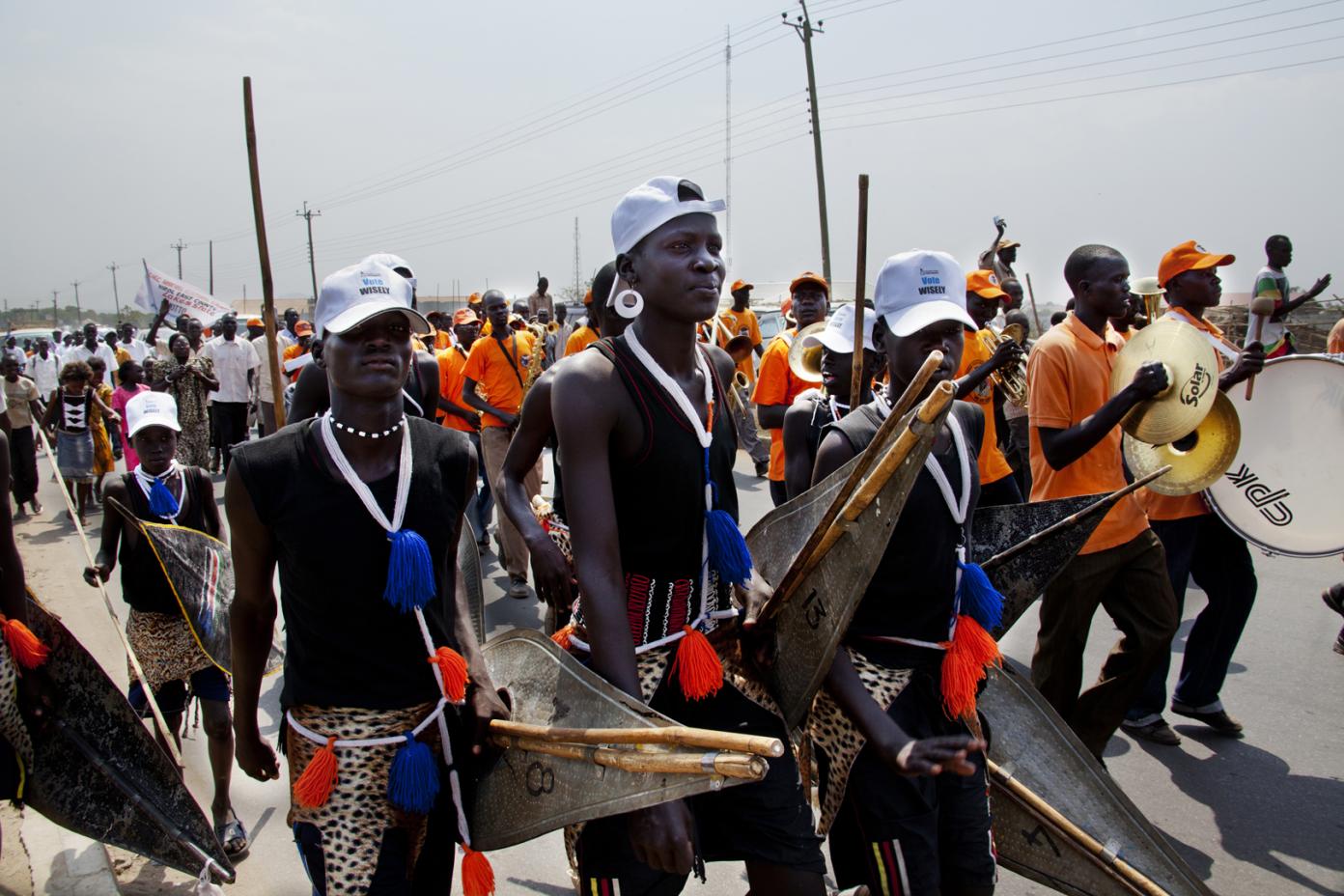On July 9, South Sudan, the world’s youngest nation, celebrates its 10th anniversary of independence.
A decade ago, on an occasion of immense pride to South Sudanese, then-UN Secretary-General Ban Ki-moon captured the spirit of solidarity from the international community at the time, saying; “We will work with you to realize all the hopes and dreams [the South Sudanese flag] represents. We wish you justice, peace, and prosperity. We will stay with you on the long road ahead.”
We find ourselves ten years down this road, reflecting on those hopes and dreams, largely deferred. Bringing us to this important milestone, 2020 was especially hard. Last year brought historic flooding, persistent localized conflicts, and the onset of a global pandemic with devastating impact on South Sudan’s fragile economy. These challenges came on the heels of relative political stability – the formation of the Reconstituted Transitional Government of National Unity took place in February 2021 and implementation of the Revitalized Agreement on the Conflict in South Sudan, however slow, has continued.
While the country receives less global fanfare than it did a decade ago, we are at a critical juncture. As the world grapples with the COVID-19 pandemic, increasingly extreme climate change, and newer or more novel conflicts, what lies on the road ahead for South Sudan?
Over the years we have learned how crucial it is for truth, reconciliation, and healing to take place if a country is to recover and re-emerge on the path to unity and sustainable peace. The transitional government has indicated its commitment to re-constituting the national Commission on Truth, Reconciliation, and Healing. The process will start with a consultative phase in which South Sudanese, regardless of their gender, age, education or political, religious or ethnic affiliation can provide their views on an institution that should be representative and enable everyone to participate.
By its very nature, the commission will enable the country to acknowledge its past violence, help the truth to be known publicly, enable justice to be done and support victims and society as it moves beyond the painful past into a united and peaceful future. In turn, it will signal the way forward so that grave violations of human rights never happen again.
As part of our broader support to transitional justice processes, UNDP works with countries to address such issues, ensuring reconciliation is driven by the people, and that it is victim-centred and has the courage and capacity to address all grievances. to pave the way for a reconciled and healed society that is resilient to future stresses.
For UNDP, we envision the commission as a path to societal transformation, one that will lend itself to a vision of a post-conflict society, outlining both how society should be structured, and how it should address and memorialize its past. With the generous support of the Kingdom of the Netherlands and working in collaboration with the rest of the UN system, we remain firmly committed to a process that is legitimate in the eyes of the South Sudanese people.
For the people of South Sudan, reconciliation can be restorative and empowering. It brings out the best in people, communities, and societies. From a place of truth, rifts can begin to heal, and we can look to the South Sudan we want to build together in the years to come.

 Locations
Locations
